2024 has officially come to a close, and we want to spotlight 24 HJN members that were reporting on some of the most pressing issues of the year. From speaking at panels on the international stage, to sharing hyper-local stories on emerging health threats, we’re glad to have supported or amplified these members for their incredible work. See their stories below:
Members raised awareness about the most important health issues around the world.
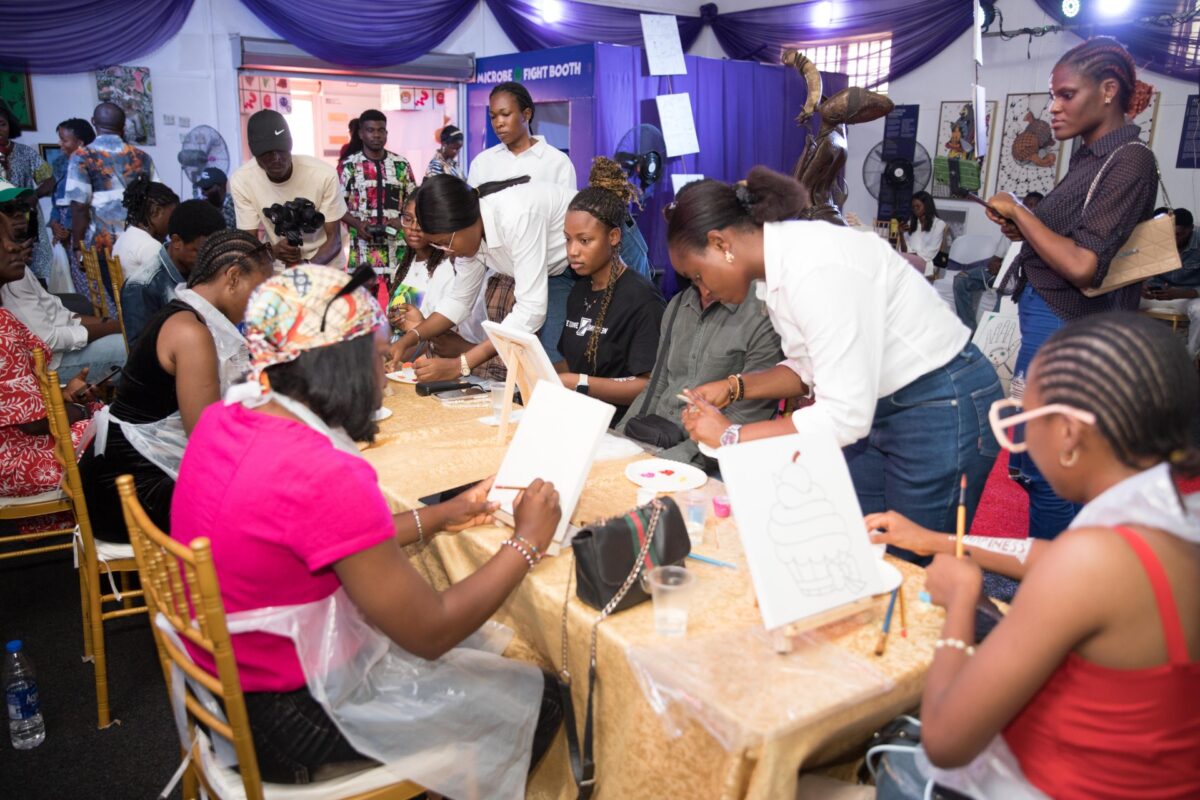
Journalists reporting on global health are key pillars of the communities they serve, and our members were sounding the alarm on some of the most important issues of 2024.
At the start of the year, HJN Member and former Health Ambassador Kemo Cham shared stories of efforts in Sierra Leone to combat Neglected Tropical Diseases (NTDs), and he reported from the Media Science Cafe’s in African Christian Health Association Platform (ACHAP) on the potential of achieving Universal Health Coverage.
Following the pledge from the United Nations to reduce Antimicrobial Resistance (AMR) related deaths by 10% by 2030, members like Chidera Rose-Camille were instrumental in raising awareness on AMR in Nigeria. Rose-Camille educated audiences of all ages through Microbe Madness, a fun and engaging event using art exhibitions, drama performances and animation to share important information.
The HIV prevention story remains a critically important one in communities globally and Internews Health has worked with AVAC to connect journalists with health experts and advocates in East and Southern Africa through the Media Science Café program. Journalist and editor at Health Times in Zimbabwe, Michael Gwarisa plays a key role in convening cafés at the Heatlh Communicators Forum of Zimbabwe where journalists learn more about the progress made with HIV prevention through Pre-Exposure Prophylaxis (PreP), including newer tools like long-acting injectable PrEP. This experience opened his passion for reporting on HIV care programs and other pressing health issues in Zimbabwe. Michael recently won a journalism award through the Stop TB Partnership for outstanding reporting on tuberculosis.
The rise of mpox was a key story of 2024. With different strains, which differ in their severity and in how they affect populations, the story can be confusing. This is a reminder of just how important journalists are in keeping their communities up to date with emerging crises. Patrick Kahondwa covered the mpox resurgence in South Kivu, an area of the Democratic Republic of the Congo (DRC) most impacted by the virus. His reporting played a key role in raising awareness about the disease and dispelling rumors in the community. Kahondwa’s experience also made him well suited to collaborate with Internews Heath to lead a WhatsApp-based training with a group of health journalists in DRC and to lead media dialogues on mpox with French-speaking journalists in the region. This intervention, and the introduction of Internews Mpox Monitor in English and French, means journalists have a better understanding of mpox science – prevention and care – and can better serve their audiences during this health crisis.
Members shared health stories from international stages.
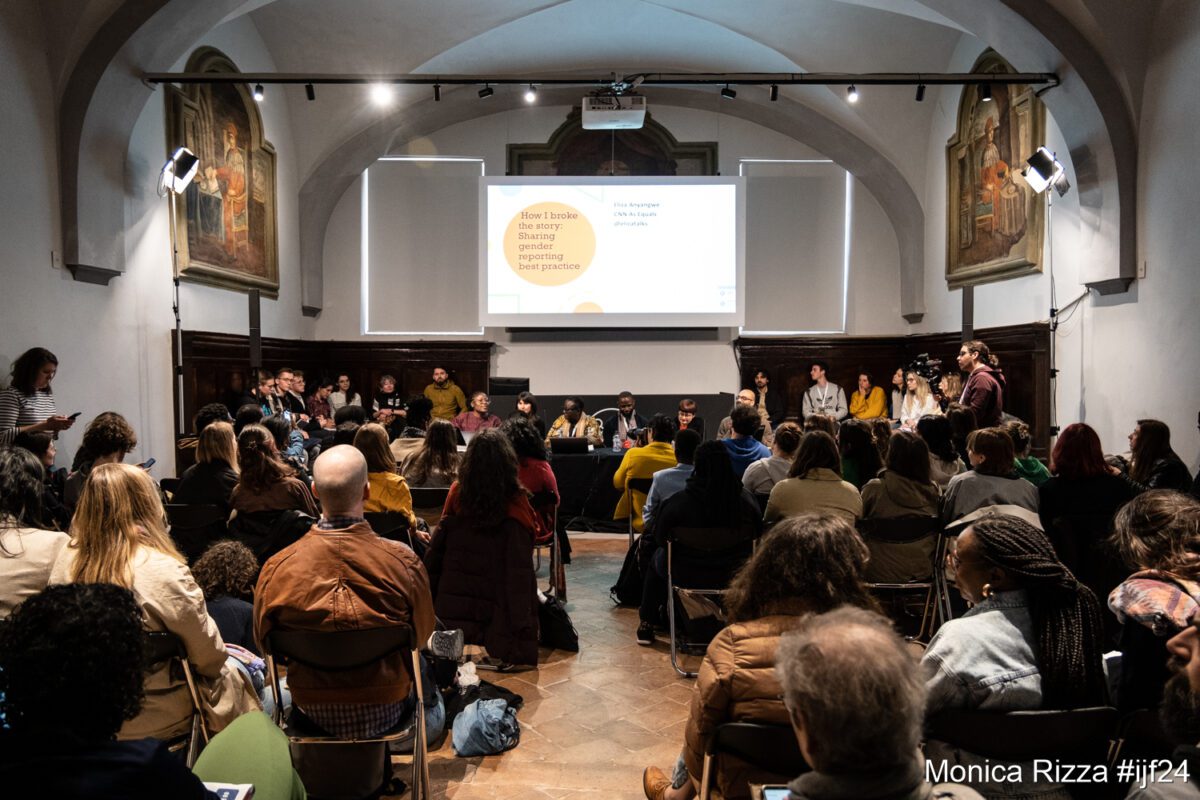
Journalists reporting at international gatherings play an important role in connecting global issues back to their audiences. Anna Miti and Rosemary Onsare attended the International AIDS conference in Munich to do just this. Their exclusive interviews with high-ranking officials and exposure to thought-provoking sessions emphasized the need to tell more stories related to HIV and AIDS to gain trust with their audiences and communicate changes in scientific insight more effectively.
Journalists also have the opportunity to elevate local stories and experiences to the global stage. Adenike Adebowale-Tambe appeared on a panel hosted by the International Society for Neglected Tropical Diseases to share the important role that journalists play in eradicating NTDS and how different sectors can work together to prioritize accurate, balanced and evidence-based science and health journalism.
And lastly, former HJN Ambassador and founder of Queerbeat, Ankur Paliwal took part in a unique panel discussion at this year’s International Journalism Festival in Perugia, Italy. The panel brought together journalists and editors from around the world to discuss their lessons learned while producing hard-hitting-gender focused stories.
Members reminded us that the climate story is a health story.
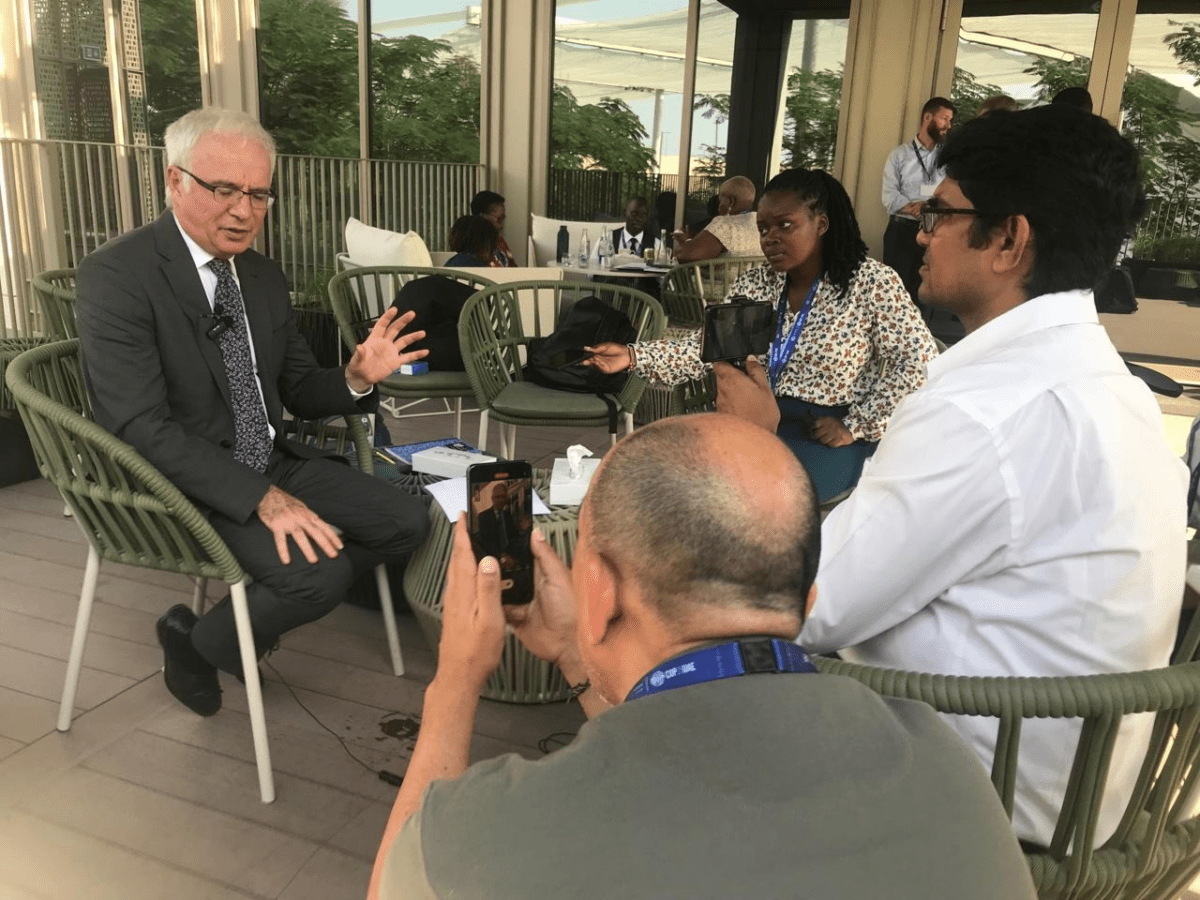
In recent years, we’ve learned even more about One Health and how human health is closely linked to the environment around us. Following their journey to Dubai for the United Nations Climate Change Conference (COP28), supported by the Wellcome-Trust, our HJN fellows (Chemtai Kirui, Shushanta Sinha, Alberto Ñiquen, Hellen Shikanda and Ana Carolina Amaral), recapped their experiences early in 2024 with Internews. The fellows’ attendance of the first-ever dedicated Health Day influenced them to continue reporting on the intersections of climate and health. For example, Amaral and Shikanda reported from the UNEP’s INC-5 about the global plastics treaty in South Korea and from COP29 in Azerbaijan. While health was not the core focus of last year’s COP, Shikanda is still hoping that, “…one day health will be made an agenda on its own, because health is the human face of climate change.”
Internews Health also collaborated with the Planetary Health Alliance’s global consortium of over 400 organizations to directly support their communications working group. Working with 30 other members, we are excited to share more information with HJN in the new year!
A handful of our members worked at the intersections of gender and health.
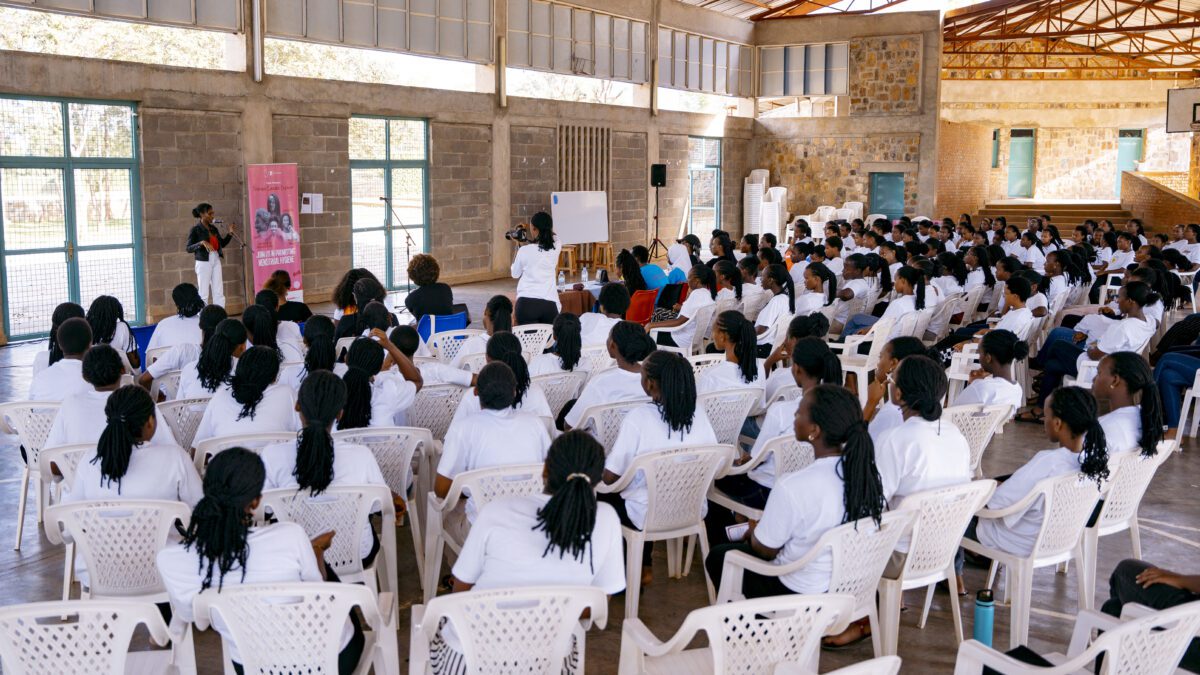
With growing threats to the rights of women and LGBTQ+ persons across the world, health journalists shared stories with gender-sensitive lenses in their communities.
Aaron Ainomugisha, a 2023 Mercury Phoenix Trust fellow, has been following the story of Uganda’s 2023 Anti-Homosexuality Act and its effect on LGBTQIA+ community members. Following his arrest amid the government’s crackdown on journalists, he published an article highlighting the discrimination these groups face while seeking HIV care and other health services. Former HJN fellow Ester Pinheiro, participated in the Earth Journalism Network’s Conservando Juntos fellowship, where she shared stories in both Colombia and Brazil on the impacts of illegal mining and deforestation forcing Indigenous women to migrate. Both Ainomugisha and Pinheiro participated in an Internews event with other journalists sharing their experiences reporting intersectionally in their countries.
While supporting journalists telling health stories with gender lenses, HJN also hosted a webinar in March on improving representation and inclusion of women+ sources in journalism. Alongside the organization Quote this Woman+, Abbas Mpindi shared how he is encouraging younger journalists through his Media Challenge Initiative in Uganda to ensure that their journalism reflects the whole population and has women+ experts prevalent in their stories.
Another panelist, Blandine Umuziranenge, shared the necessity to build trust within their community and encourage consistent engagement from women+ sources. Umuziranenge is also the founder of Kosmotive, an organization working to educate and provide menstrual hygiene care for people of all gender identities.
This year marked our first ever Gender Justice x Health Fellowship cohort, where four journalists wrote insightful stories on the implications of pushback against gender equality and women’s/LGBTQIA+ rights globally and its profound effects on the health and wellbeing of all individuals. Our fellows (Jazmín Bazán, Mercy Nqandeka, Lenah Bosibori, and Graciela Tiburcio) finalized their stories in 2024 and will share them with the broader HJN network in the coming weeks.
Above all, our members shared important stories from their communities.
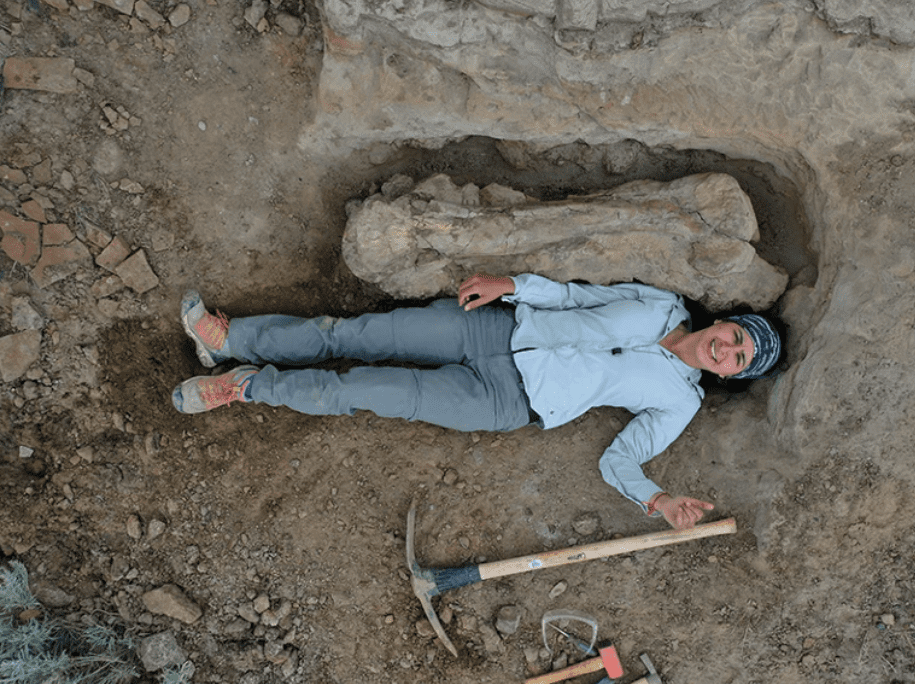
Outside of fellowships and conferences, our HJN members reported on underrepresented stories affecting their readers. Babatunde Okunlola reminded his audience that mental wellbeing is an important pillar of health while reporting on how residents coped with the aftermath of an explosion in Ibadan, Nigeria. Efrain Rincon dug deep into her community’s history to tell the story of the paleontologist Direly Cortés and the challenges that women scientists face in their professions in Colombia. And lastly, members like Zainab Sanni are working every day to make accurate information about health accessible to everyone in their communities, especially persons with disabilities.